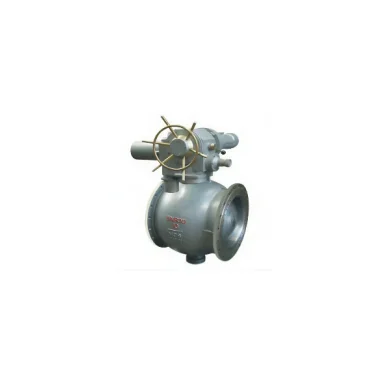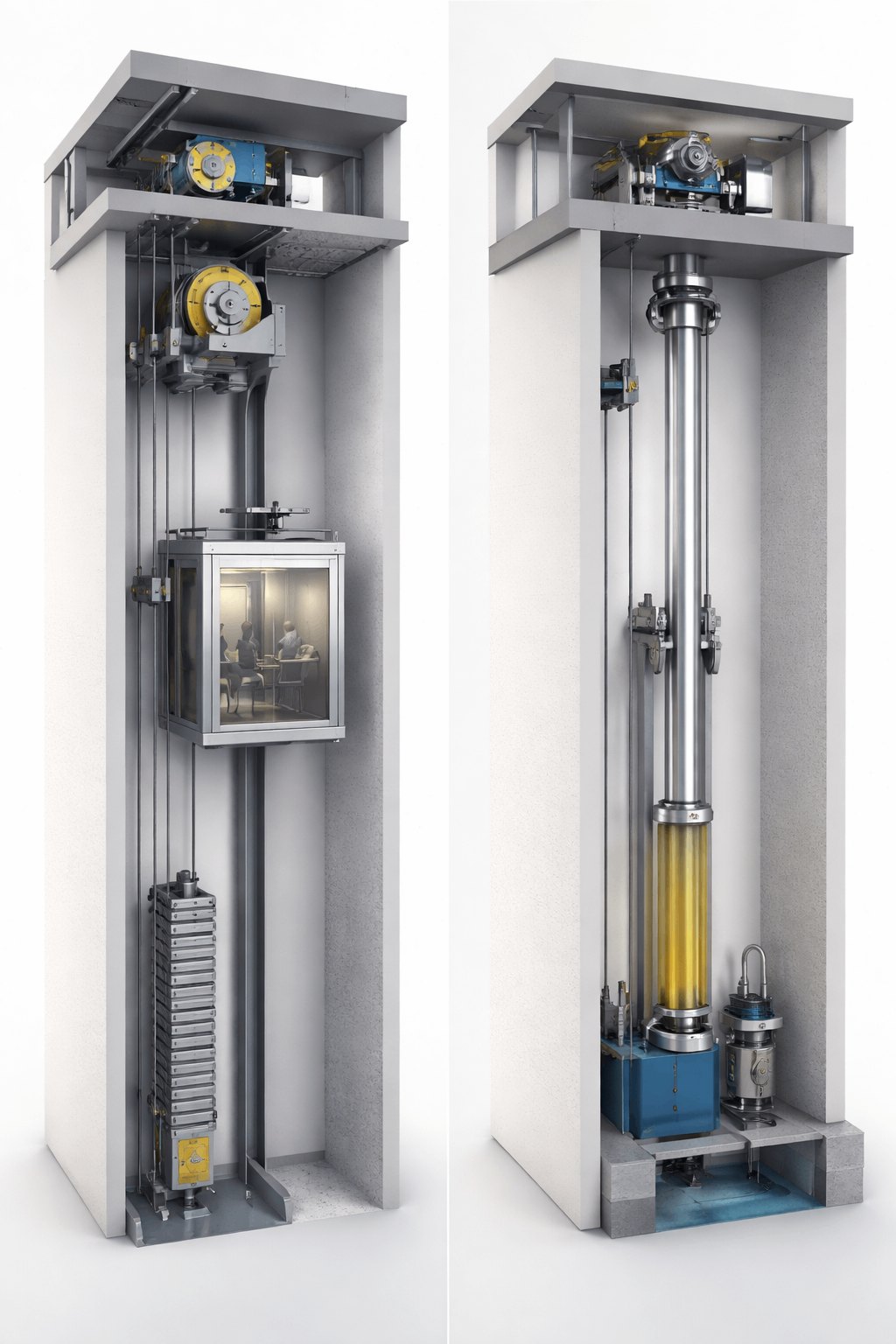Copper vs. Iridium Spark Plugs: Unveiling the Performance Edge
When it comes to optimizing engine performance, the choice of spark plugs can significantly influence efficiency, power output, and overall vehicle longevity. Among the myriad options available, copper and iridium spark plugs stand out as two of the most popular choices. But do copper spark plugs perform better than iridium? This article delves into the intricacies of both types, examining their construction, performance characteristics, and suitability for various applications.
Understanding Spark Plug Composition
Copper Spark Plugs: The Traditional Choice
Copper spark plugs have been a staple in the automotive industry for decades. Their core is made of copper, which is an excellent conductor of electricity. This allows for efficient heat dissipation and quicker ignition. The electrodes are typically made of a nickel alloy, which provides durability but may wear out faster than other materials.
Iridium Spark Plugs: The Modern Marvel
On the other hand, iridium spark plugs are a more recent innovation, featuring a fine wire center electrode made of iridium, a precious metal known for its high melting point and corrosion resistance. This design allows for a smaller electrode, which enhances the spark's intensity and improves ignition efficiency. Additionally, iridium spark plugs often come with a platinum ground electrode, further increasing their durability and performance.
Performance Comparison
Ignition Efficiency
One of the primary factors to consider when comparing copper and iridium spark plugs is ignition efficiency. Iridium plugs, due to their finer electrode, create a more concentrated spark. This results in a more complete combustion of the air-fuel mixture, leading to improved throttle response and acceleration. In contrast, while copper plugs can ignite the mixture effectively, they may not provide the same level of efficiency, particularly in high-performance or turbocharged engines.
Heat Dissipation and Longevity
Heat management is crucial for optimal engine performance. Copper spark plugs excel in heat dissipation, making them suitable for applications where rapid heat transfer is essential. However, they tend to have a shorter lifespan, typically around 20,000 to 30,000 miles, due to electrode wear.
Iridium spark plugs, on the other hand, can last significantly longer—often up to 100,000 miles—thanks to their robust construction. Their ability to withstand higher temperatures without degrading means they maintain performance over a more extended period, making them a cost-effective choice in the long run.
Cold Start Performance
In colder climates, the ability of a spark plug to ignite the air-fuel mixture quickly is paramount. Iridium spark plugs generally outperform copper plugs in cold start conditions due to their superior ignition characteristics. This can lead to smoother starts and reduced emissions, which is particularly beneficial for modern vehicles equipped with stringent emission controls.
Application Suitability
Performance Vehicles
For high-performance vehicles, iridium spark plugs are often the preferred choice. Their ability to provide a more powerful spark and maintain performance over time makes them ideal for engines that demand precision and reliability.
Everyday Vehicles
Conversely, for older vehicles or those with simpler engine designs, copper spark plugs can still be a viable option. They are often less expensive and can provide adequate performance for everyday driving needs. However, the trade-off is a shorter lifespan and potentially more frequent replacements.
Conclusion: Which is Better?
So, do copper spark plugs perform better than iridium? The answer largely depends on the specific application and driving conditions. For enthusiasts seeking maximum performance and longevity, iridium spark plugs are the clear winner. However, for budget-conscious drivers or those with older vehicles, copper spark plugs can still deliver satisfactory performance.


